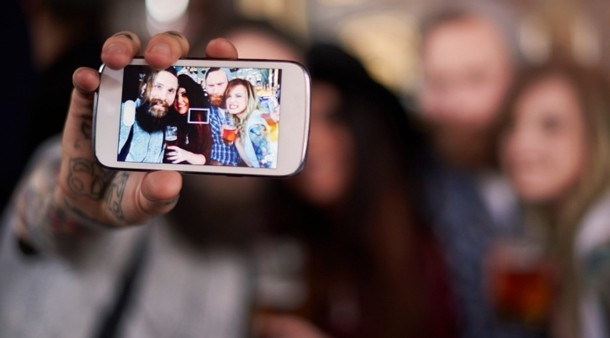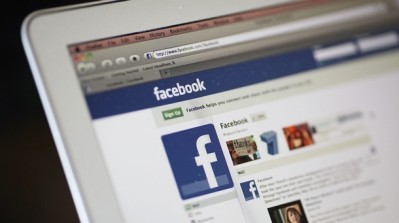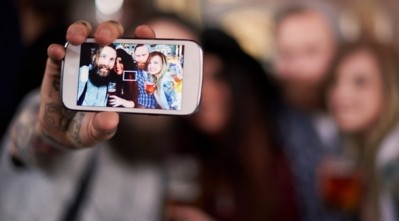Legal advice
#DigiPubs: Social media - it's time to reach out to the masses

What’s interesting for the leisure industry is that this technology, once the domain of the young, is creeping into the masses, with 26% of Facebook’s UK users now aged between 25 and 34 years old**.
So thanks to advances in mobile phone technology and the wide-spread availability of services such as 4G and WiFi, you’re never too far away to be able to communicate with your customers.
Is this perfect timing?
With the rising costs involved in running operations and the impending increases to the national living wage, which might hit £9 an hour by 2020, this could be perfect timing for reducing your promotional costs.
After all, social media services are free to use on computers, phones and tablets. They are fairly simple. And people love using them.
Never before have you been able to instantly communicate with so many people, which is surely a good thing for operators.
Be careful how you use it
Whether you use social media to promote your premises every day, or are thinking of trying it for the first time, you must still ensure that you do not breach the mandatory conditions on your premises licence.
An example of such a breach was a promotion run by a bar which offered a free ‘I Did The Challenge’ T-shirt for drinkers who downed eight shots in one sitting. This was advertised on the bar’s Facebook page, along with a disclaimer that they never served anyone who appeared drunk and that the promotion finished by 11pm.
Customers who took part also posted photographs of themselves wearing ‘badge of honour’ T-shirts.
This promotion — which encouraged people to drink large volumes of alcohol in a short period of time — resulted in the bar receiving a closure notice from the local council for breaching its mandatory conditions.
However, it remained open as it immediately withdrew the promotion, and the council withdrew the closure notice. The council then wrote to the designated premises supervisor warning of a breach of provisions of the Licensing Act 2003.
Another example of using social media as a promotional tool which breached the mandatory conditions involved a late-night bar which
used the social networking service Twitter to send out ‘tweets’.
The bar in question sent promotional tweets encouraging the consumption of cheap alcohol within a certain time period. For instance, “£1 drinks all night and £1.50 doubles before midnight”.
They also ran a competition where the prize was, amongst other alcohol, a free bottle of vodka and several cans of energy drinks.
The social media promotions ran during a period in which several assaults took place either in or outside the premises and, as a result, several people were treated by hospital staff or paramedics.
These social media promotions, along with other issues, resulted in the police requesting a premises licence review because it was felt the operator of the premises was undermining the licensing objectives.
The promotions were seen as so integral to the review that the director of public health for the region provided evidence to support the application by police.
This review, which was brought under Section 51 of the Licensing Act, saw the licensing sub-committee revoke the bar’s premises licence.
Engage with customers
Not everyone gets it wrong. For example, when a chain of city-centre bars wanted to increase the number of people engaging with its brand online it turned to Facebook.
They built a fan-recruitment Facebook app that encouraged people to ‘like’ their Facebook page. In return for a ‘like’, people received a reward voucher they were able to redeem.
In just one month, the campaign stimulated almost 3,000 ‘likes’ and added more than 600 extra followers on Twitter.
And don’t think that digital marketing is restricted to city- centre bars. Any operation, from family-friendly restaurants to local pubs, clubs and sports bars, can
tap into its power. So use social media to promote your operation.
Use it to engage with your customers to build on your success. Just make sure you stay on the right side of the law when you are promoting your operations online as well as offline.
* Source: www.statista.com and www.uk.businessinsider.com
** Source: www.thelasthurdle.co.uk






